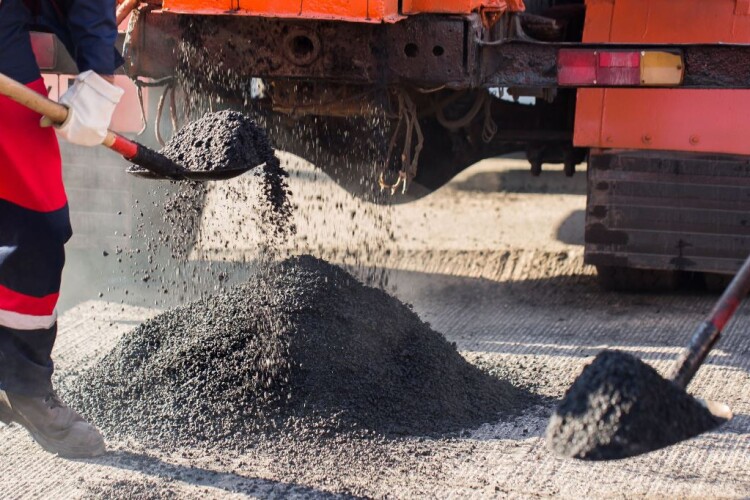
Miles Macadam’s grouts contain flyash, which these days has to be imported
The grouts that Miles Macadam use in its road surfacing products contain fly ash, which these days has to be imported. As a result, it finds the quality of this fly ash is variable and the supply can be erratic.
In the quest for a more sustainable alternative, Cheshire-based Miles Macadam has turned to academics at Aston University. The two organisations have entered a knowledge transfer partnership (KTP).
They have embarked on a 30-month project, running until July 2026, backed by funding from Innovate UK.
The project will explore the use of biochar, a carbon-rich material that is produced from processing organic matter such as wood or agricultural waste at very high temperatures. Using waste materials would also conserve virgin resources and reduce the costs and dependence on imported materials.
The team will produce and test hardened grouts for water absorbency and strength, including if the materials can withstand heavy weights. They will use Aston University’s specialist environmental testing facility to see how the materials respond to extended cycles of freezing and thawing, mimicking the weather conditions that they may be subject to when used. Once the best candidate materials have been identified, they will be tested in real-world conditions at a Miles Macadam site.

Miles Macadam director Andrew Scorer said: “This is the first KTP we’ve been involved in and we’re very excited about it, as are many of our clients who are really keen for us to develop more sustainable products. Aston University clearly has the expertise we need to assess the different ingredients for our grouts and we’re looking forward to working with the team on it.”
Dr Moura Mehravar is the university’s lead supervisor and principal investigator on the project. She said: “This project ambitiously aims to replace traditional cementitious materials with biochar, significantly reducing CO2 emissions in the process. My role involves steering the project towards sustainable and practical outcomes, mentoring the associates involved, and ensuring a productive exchange of knowledge between academia and industry.
“This endeavour highlights our dedication to sustainable construction practices and places us at the forefront of efforts to reduce environmental impact within the construction industry. Through this project, we aim to discover innovative solutions that contribute to a greener future while advancing our understanding and use of alternative construction materials.”
Lead academic is Professor Mujib Rahman, a chartered engineer. He leads Aston University’s Department of Civil Engineering and has research expertise asphalt and concrete materials.
He said: “This project brings together different expertise from across the University’s School of Engineering and Applied Sciences to help Miles Macadam future-proof their products and reduce their and their clients’ CO2 emissions. It’s going to be fascinating to look in depth at the properties of biochar and see not only how it can work for Miles Macadam’s particular needs, but also how it might be used in many other situations as well. There is huge potential for this sustainable product.”
Got a story? Email [email protected]
>>> Read full article>>>
Copyright for syndicated content belongs to the linked Source : TheConstructionIndex – https://www.theconstructionindex.co.uk/news/view/paving-contractor-turns-to-academics-for-help-with-fly-ash-issues










